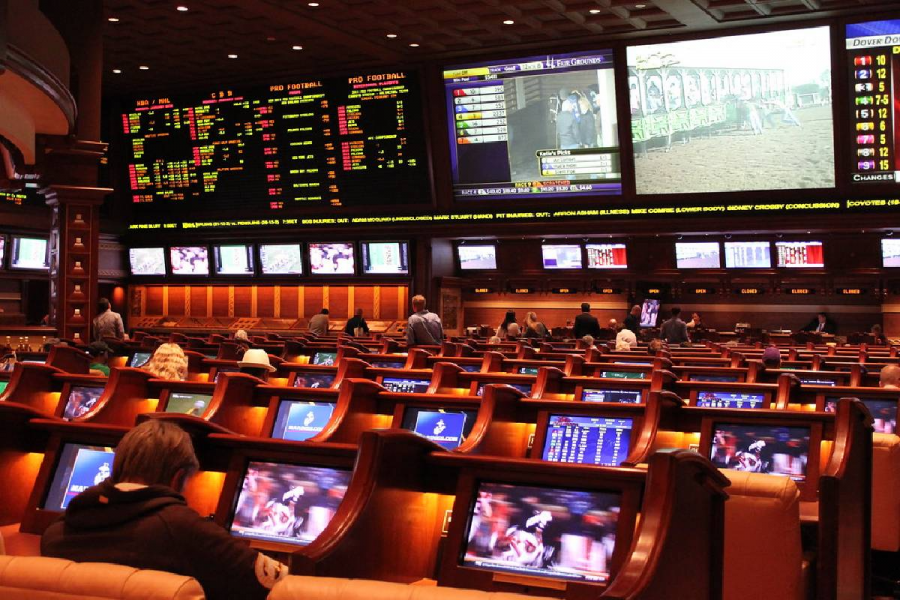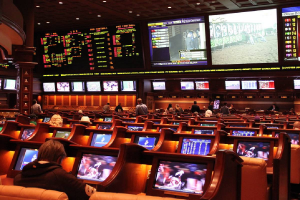Chicago proposes further 2% city tax on sports betting

The proposal would raise the total tax on gross revenues from sports wagering to 19 per cent.
US.- Chicago City Council is considering adding an extra 2 per cent city tax that would bring the total tax on sports wagering in the city to 19 per cent. Mayor Lori Lightfoot said the city wants a “fair share of the revenues” from sports betting and that the tax would help financially support part of the infrastructure work necessary to accommodate the activity.
Casino magnate Neil Bluhm, owner of Rivers Casino in Des Plaines and Rush Street Gaming and a firm opponent of the city lifting its ban on sports betting, said the 2 per cent tax would be insignificant and would only generate around $1m in city taxes. He says city casinos would lose around $12m a year in revenue if sports betting goes live.
However, Lightfoot has argued there is no hard evidence allowing sportsbooks in and around five city stadiums would “cannibalise” revenue from casinos.
Wrigley Field Holdings and United Center representative Mara Georges said the tax was a “mistake”. They argued that the city’s professional sports teams along with their fans are already forced to pay one of the highest amusement taxes in the US country.
“Imposing an additional tax on sportsbooks creates an unlevel playing field between the city and the sportsbook in the suburbs, which is the Des Plaines sportsbook,” Georges said.
The Lightfoot administration’s revised sports betting ordinance is headed for approval before the Council’s License and Zoning Committees.
Lightfoot said: “We’re in good shape to move this forward. And I look forward to making sure that we get our fair share of the revenues from this,” the mayor said. “It’s only fair that the city of Chicago also obtains revenues as a result of this new venture by the sports teams.”
Alderman Walter Burnett, chief sponsor of the sports betting ordinance, said the 2 per cent tax was the price that must be paid.
He said: “A lot of aldermen were actually concerned about what was the city’s benefit out of all of this besides the infrastructure money that was going to the state and gonna be spent back in the city. This will help to satisfy a lot of aldermen in reference to that.”









